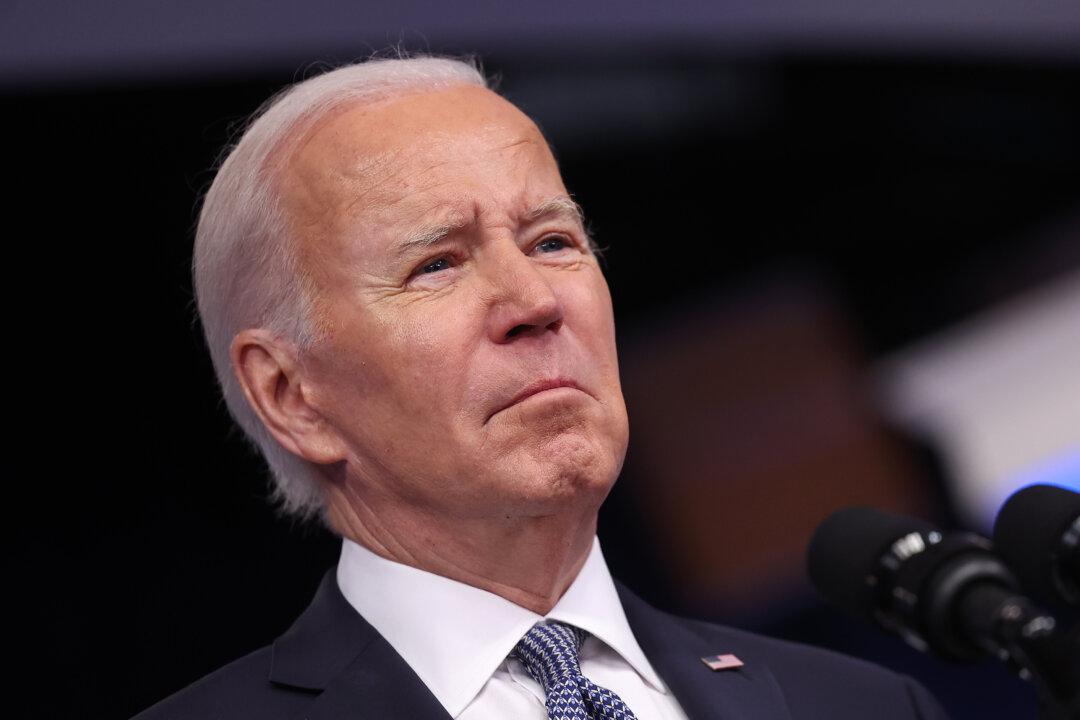The White House announced a plan on Wednesday that it says will protect renters and help curb rental costs, although at least one national housing association has expressed reservations about it.
Biden Administration Rolls out ‘Renters Bill of Rights’

President Joe Biden delivers remarks in Washington on Jan. 12, 2023. Kevin Dietsch/Getty Images
Jack Phillips is a breaking news reporter who covers a range of topics, including politics, U.S., and health news. A father of two, Jack grew up in California's Central Valley. Follow him on X: https://twitter.com/jackphillips5
Author’s Selected Articles




